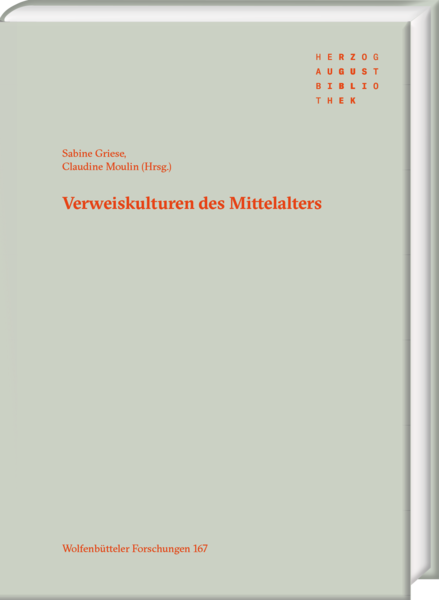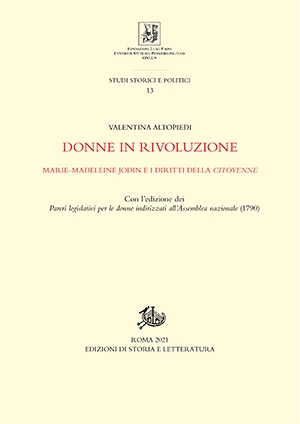ABOUT THE BOOK
In an increasing number of countries around the globe, representing all regime types, in all regions, with all levels of economic and military strength, civil society’s autonomy from the state, its defining feature, is diminishing. While a variety of tools are used to restrict civil society organizations’ (CSOs) independence from the state, an increasingly popular and dangerously effective vehicle for accomplishing this goal is the law. Through the passage of legislation that imposes new restrictions on the ability of CSOs to operate free from excessive government scrutiny and control, governmental actors are gaining greater control over the non-governmental sector and in ways that benefit from the veneer of legality. Perplexingly, such laws are not only appearing in countries where they might be expected – Azerbaijan, Burundi, China, Egypt, Ethiopia, Russia, Zimbabwe, and countries throughout the Middle East. Indeed, they are increasingly appearing in democratic states too, including strong, fully consolidated democratic states with historically strong and independent civil society sectors: Canada, India, New Zealand, Spain, Israel, Hungary, Poland, and the US, to name just a few.
Restrictive CSO laws, which are unsurprising in authoritarian-leaning states, are uniquely puzzling in the context of democratic ones, which have been the primary defenders, funders, and champions of a robust and independent civil society. This book explores this concerning and intriguing phenomenon by documenting its full scope and spread within the world’s strongest democratic states and attempting to explain its occurrence. Using a combination of mixed methods – theory, process tracing, interviews, and statistical analysis – this timely analysis helps to shed light on a global phenomenon that seems to be fueling the democratic backsliding visible in an increasing number of democracies throughout the world. This exploration, which bridges comparative and international law, international relations, democratic theory, and state-civil society relations, attempts to make sense of this global contagion, the closing space phenomenon, which threatens to undermine one of cornerstones of any democracy – a free and independent civil society – in the years and decades ahead.
ABOUT THE AUTHOR
Chrystie F. Swiney, JD, MPhil, MA, is an international lawyer, political scientist, and scholar of international law, human rights, and comparative law. She holds degrees from Harvard Law School (JD), Georgetown (MA), Oxford University (MPhil), and the College of William and Mary (BA). She currently serves as a legal adviser and Associate Director for the Bloomberg Philanthropies Data for Health program at the Global Health Advocacy Incubator. Swiney has held legal positions at the International Center for Not- for-Profit Law (ICNL), the US State Department, and the Constitution Project. She has also served as a Legal Fellow at Georgetown Law Center, Editor-in-Chief of 'Global Trends in NGO Law' (published by ICNL), a Visiting Scholar at the College of William and Mary, and a consulting editor for Oxford University Press. Swiney has published numerous law review articles and co-edited 'The Cambridge Handbook of Commons Research Innovations', which was published by Cambridge University Press in 2021. Swiney also frequently publishes in the popular press, and recently authored pieces in the Lancet, ‘Washington Post’s Monkey Cage’, ‘The Conversation’, the ‘Atlantic’s CityLab’, and ‘OpenGlobalRights’, among others.
TABLE OF CONTENTS
LIST OF FIGURES
CHAPTER 1: INTRODUCTION
KEY ARGUMENT & METHODOLOGY
OUTLINE
CHAPTER 2: THE ASSOCIATIONAL REVOLUTION
THE CENTRALIZATION OF GLOBAL POWER
THE DIFFUSION OF GLOBAL POWER
THE END OF COLONIALISM, THE EXPLOSION OF NEW STATES, AND THE RISE OF CSOS
THE RISE & SPREAD OF GLOBAL CIVIL SOCIETY
THE ASSOCIATIONAL REVOLUTION
CONCLUSION
CHAPTER 3: THE ASSOCIATIONAL COUNTER-REVOLUTION
RESTRICTIVE CSO LAWS IN DEMOCRATIC STATES
THE NEGLECT OF DEMOCRACIES IN THE EXISTING LITERATURE
EXISTING EXPLANATIONS
THE IDEOLOGICAL ORIENTATION OF THE EXECUTIVE
DOES THE EXECUTIVE’S IDEOLOGICAL ORIENTATION MATTER?
PARTISAN AFFILIATION OF THE DOMINANT PARTY IN POWER
FEAR OF DOMESTIC UPRISINGS / PROTEST
IS PROTEST ACTIVITY LINKED TO PASSAGE OF RESTRICTIVE CSO LAWS?
FEAR OF TERRORISM
DOES FEAR OF TERRORISM SPUR PASSAGE OF RESTRICTIVE CSO LAWS?
NEIGHBORHOOD EFFECTS
ARE DEMOCRATIC STATES ADOPTING RESTRICTIVE CSO LAWS BECAUSE OF THEIR NEIGHBORS?
CONCLUSION
CHAPTER 4: EXPLAINING THE ASSOCIATIONAL COUNTER-REVOLUTION IN THE WORLD’S STRONGEST DEMOCRATIC STATES
BALANCE OF POWER THEORY
BALANCE OF POWER THEORY AND CSOS
TRANSNATIONAL ADVOCACY NETWORKS
THE BOOMERANG EFFECT
LEAP-FROGGING
THE POWER OF FRAMING
CASE STUDIES
CASE STUDY #1: BOLIVIA
CASE STUDY #2: INDIA
CASE STUDY #3: POLAND
CONCLUSION
CHAPTER 5: MAPPING THE SPREAD OF RESTRICTIVE CSO LAWS IN THE WORLD’S STRONGEST DEMOCRATIC STATES
KEY DEFINITIONS
FINDINGS: THE SPREAD OF RESTRICTIVE CSO LAWS IN STRONG DEMOCRATIC STATES
CONCLUSION
CHAPTER 6: IMPLICATIONS OF THE ASSOCIATIONAL COUNTER-REVOLUTION
THE CONNECTION BETWEEN CSOS’ AUTONOMY AND DEMOCRACY
THE STATE OF GLOBAL DEMOCRACY
THE ASSOCIATIONAL COUNTER-REVOLUTION & GLOBAL DEMOCRATIC DECAY
SHRINKING SPACES FOR CSOS IN STRONG DEMOCRATIC STATES
CONSEQUENCES OF RESTRICTIVE CSO LAWS ON CSOS
A BELLWETHER FOR DEMOCRATIC DECAY?
WHAT IS AT STAKE?
CHAPTER 7: CONCLUSION
THE SOCIETY OF ASSOCIATIONS
THE GLOBAL DIFFUSION OF POWER
TOWARDS A NEW THEORY OF INTERNATIONAL POLITICS
CSOS & SOFT POWER
CSOS & SOFT LAW
UPDATING THE LEXICON OF INTERNATIONAL RELATIONS & INTERNATIONAL LAW
FUTURE RESEARCH
CONCLUSION
APPENDICES
APPENDIX 1: ORIENTATION OF EXECUTIVE AT TIME OF RESTRICTIVE CSO ADOPTION
APPENDIX 2: POLITICAL ORIENTATION OF THE DOMINANT PARTY IN THE LEGISLATIVE BRANCH AT THE TIME OF RESTRICTIVE CSO ADOPTION
APPENDIX 3: NUMBER OF PROTESTS IN THE WORLD’S STRONGEST DEMOCRATIC STATES FROM 1990–2018
APPENDIX 4: NUMBER OF TERRORIST ATTACKS IN THE WORLD’S STRONGEST DEMOCRATIC STATES IN THE TWO YEARS PRECEDING PASSAGE OF A RESTRICTIVE CSO LAW
APPENDIX 5: NUMBER OF NEIGHBORS (TO THE WORLD’S STRONGEST DEMOCRATIC STATES) TO ADOPT A RESTRICTIVE CSO LAW IN THE TWO YEARS PRIOR TO A RESTRICTIVE CSO LAW’S PASSAGE
APPENDIX 6: SOURCES FOR LOCATING RESTRICTIVE CSO LAWS
APPENDIX 7: ADOPTED, PROPOSED & REJECTED RESTRICTIVE CSO LAWS IN THE WORLD’S STRONGEST DEMOCRATIC STATES
APPENDIX 8: CIVICUS RATINGS FOR ENVIRONMENT FOR CIVIL SOCIETY FOR EACH OF THE 59 STRONG DEMOCRACIES
INDEX
More information with the publisher.









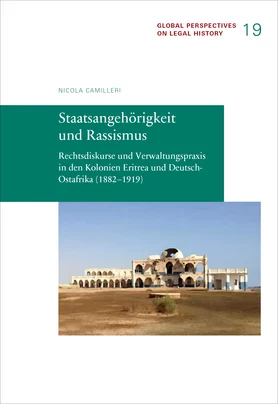
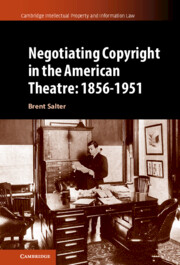
.png?format=2500w)

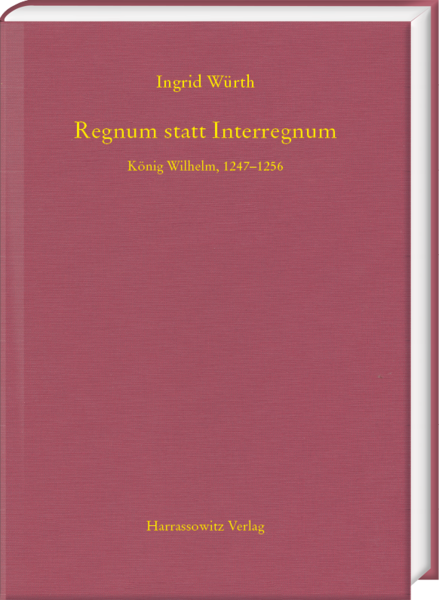

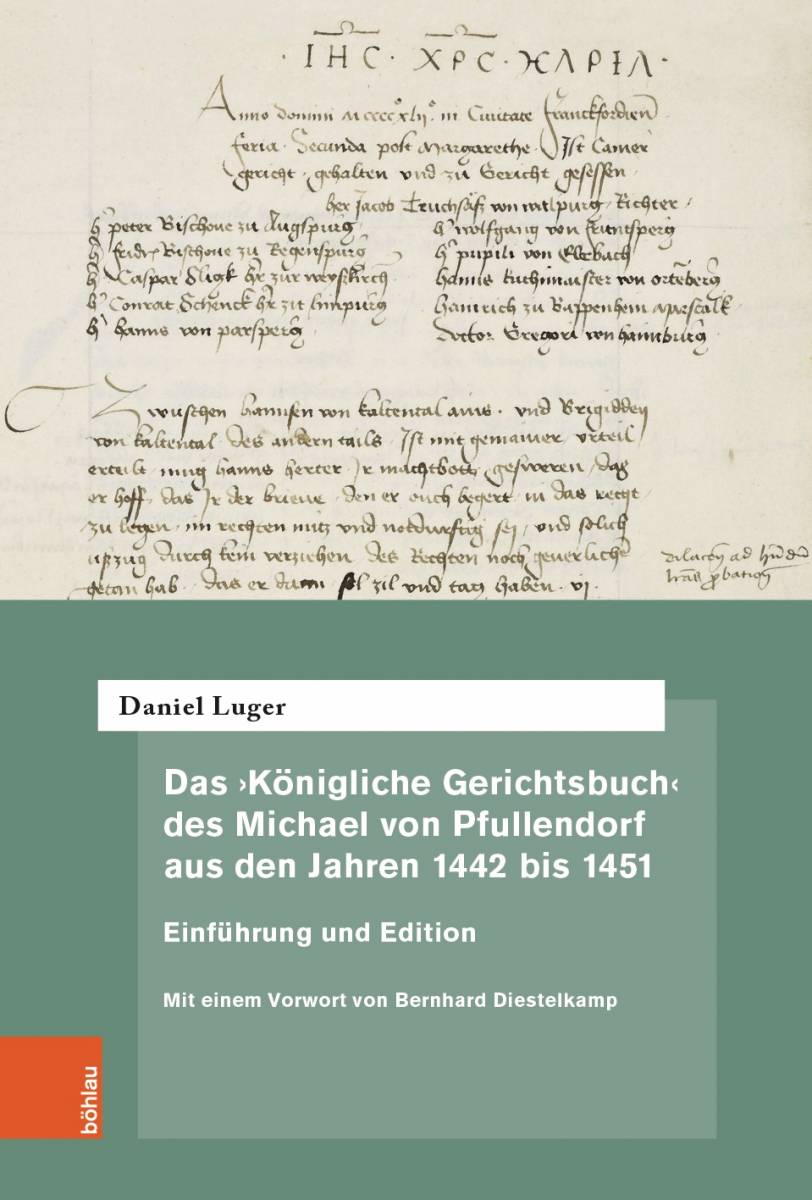
.png)
.png)
